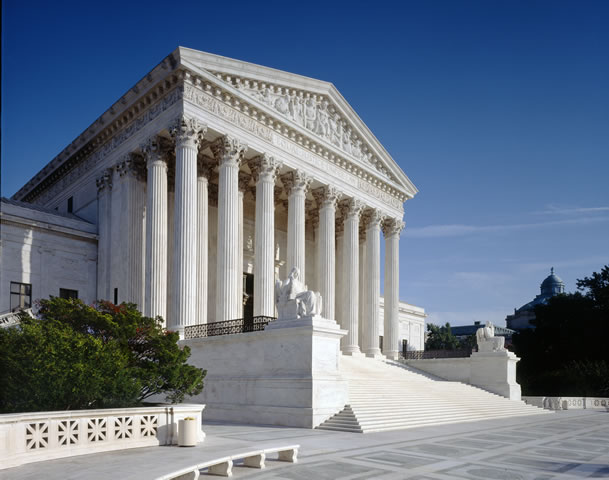Oracle’s Android Lawsuit Against Google Heard At US Supreme Court

Ten year old Android dispute is heard before highest court in the United States this week, as Oracle seeks ruling on epic Google fued
Oracle and Google have appeared before the US Supreme Court this week, over Oracle’s epic copyright feud with Google over Android.
The legal case is potentially worth billions of dollars, and could impact the broader tech industry as we know it.
It began when Oracle sued Google back in August 2010, and claimed that Google with the Android operating system had infringed Java patents, which Oracle had acquired when it purchased Sun Microsystems in 2009/2010.
![]()
Long saga
Oracle has been seeking up to $9.3 billion (£7.2bn) in reparations, a figure that reflected the quick growth of the market for mobile devices over the past decade, which eclipsed the conventional PC market.
The case dragged on for six years until in 2016 when it finally seemed to over, after a jury in a San Francisco courtroom ruled that Google did not unfairly appropriate parts of the Java platform.
But in 2018 that defeat for Oracle was overturned by the US Court of Appeals for the Federal Circuit in Washington, which specialises in intellectual property disputes.
In April 2019, the US Supreme Court mulled whether to take up Google’s appeal of the lower court ruling reviving the lawsuit, and it asked the Trump administration for its views on the Oracle-Google copyright feud.
Essentially, the highest court in America had asked the White House on its opinion on whether it should hear Google’s bid to end Oracle’s long running copyright infringement lawsuit.
It should be noted that the US Supreme court does occasionally seek the advice of the incumbent President on whether to take up a particular case.
In 2015 for example the Supreme Court rejected a previous Google appeal after the administration of former President Barack Obama recommended against hearing it.
Supreme Court
And now this week the US Supreme Court for an hour and a half heard oral arguments via teleconference over the matter.
The case essentially hinges on Oracle’s copyright claim of “application programming interfaces” (APIs) and whether Android’s use of them was permitted under the so-called fair use doctrine of the 1976 Copyright Act, because by adapting them to a mobile platform it transformed them into something new.
APIs have typically been used freely for years by software developers, and if the Supreme Court ultimately rules Google did infringe Oracle’s copyright when it copied the Java APIs in question, it could trigger a wave of litigation, from other other companies seeking payments for their APIs as well.
But for the meantime the tech industry will have to wait the verdict, as a ruling is likely to take a number of months before it is published.